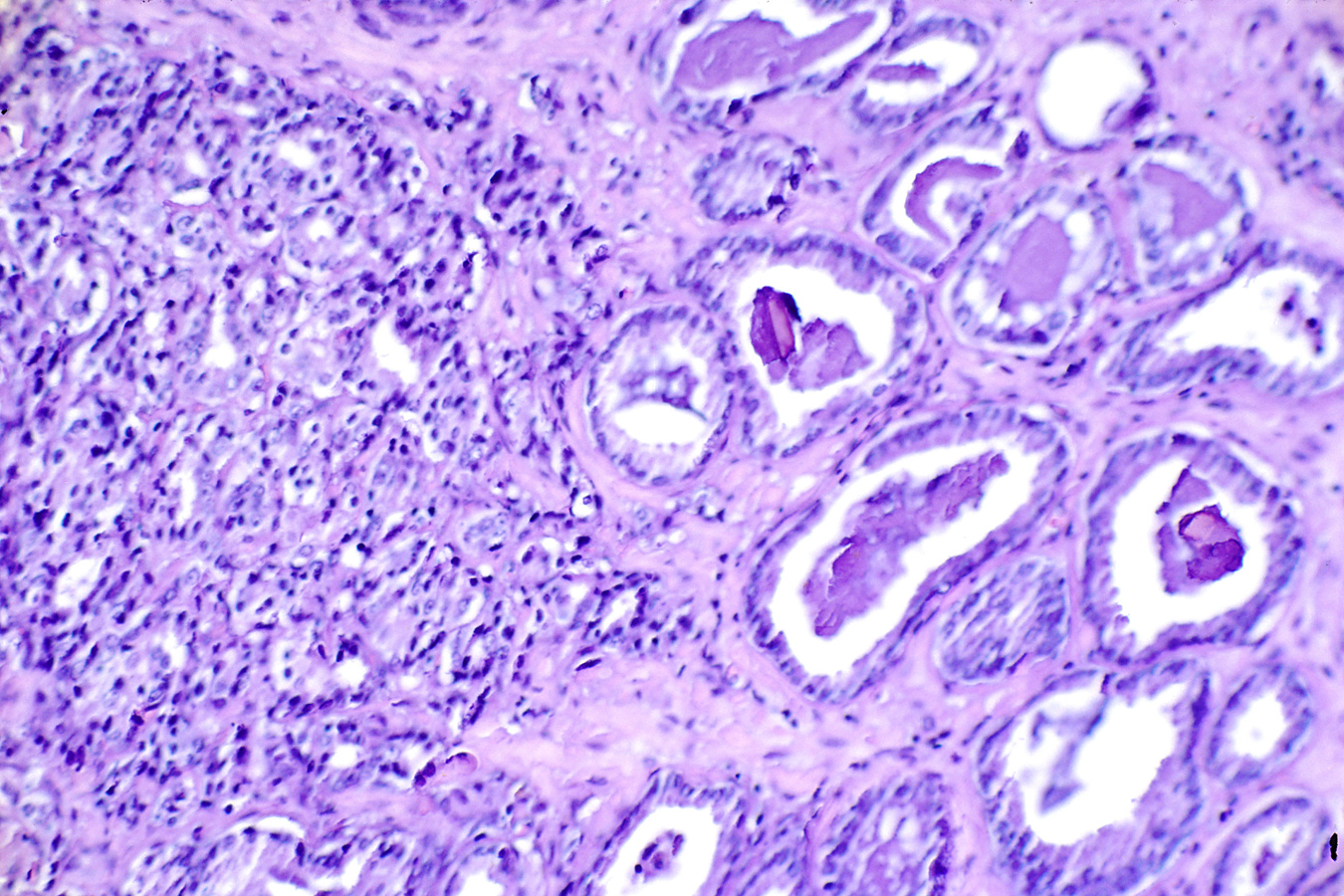
Harpoon Therapeutics, a company developing cancer immunotherapies that direct T cells to target tumors, is dropping its lead drug candidate following disappointing data from an early-stage prostate cancer clinical trial. Though Harpoon has other candidates in its pipeline, the decision to discontinue the lead program keeps the biotech from gaining ground against a growing group of competitors in the pursuit of therapies in this new drug class.

With the Rise of AI, What IP Disputes in Healthcare Are Likely to Emerge?
Munck Wilson Mandala Partner Greg Howison shared his perspective on some of the legal ramifications around AI, IP, connected devices and the data they generate, in response to emailed questions.
The South San Francisco biotech announced it would discontinue work on the drug, HPN424, in its report of fourth quarter and full-year 2021 financial results after the market close Thursday. In a statement, CEO Julie Eastland said the decision followed an analysis of data, including the clinical trial results to date from a Phase 1/2a dose-escalation study.
Harpoon’s annual report states that the results for the drug so far showed “modest activity with a tolerability profile that has been challenging.” No additional details about the drug were disclosed, but the company added that it will continue to treat patients who remain in the study through the course of their therapy. Harpoon’s stock was trading at around $3.77 mid-day Friday, down more than 30% from Thursday’s closing price.
Harpoon is developing drugs in a class of therapies called T cell engagers. The biotech’s drugs are engineered proteins with three main components: a part that binds to the T cell, a domain that extends the therapy’s half-life, and a third piece that binds to an antigen on the surface of a cancer cell. The company calls its technology platform Tri-specific T cell Activating Construct, or TriTAC. The simultaneous binding of a TriTAC drug to a T cell and an antigen is intended to activate the T cell to kill the target cancer cell.
HPN424 is designed to go after a prostate cancer protein target called PSMA. Harpoon was developing the drug for metastatic castration-resistant prostate cancer, which means that the cancer has spread and no longer completely responds to treatments that lower the levels of testosterone that help cancer cells grow.
The modest activity and tolerability challenges stymying HPN424 stand in contrast to the encouraging early data that Harpoon reported for its prostate cancer drug prospect last June. During the annual meeting of the American Society of Clinical Oncology, the company said that as of an April 2021 cutoff date, 89 patients across 13 groups had been treated with a once-weekly intravenous infusion of HPN424. Harpoon reported that the experimental therapy was active and generally well tolerated. The drug also showed antitumor activity that included declines in PSA protein and circulating tumor cells, which are indicators of prostate cancer.
The group of companies developing therapies that bind to T cells and cancer cells simultaneously is growing, and large pharmaceutical companies are striking big deals to get their hands on a contender. Last year, Takeda Pharmaceutical bought out partner Maverick Therapeutics, a T cell engager biotech that had spun out of Harpoon. Merck-partnered Janux Therapeutics is also developing T cell engagers. Bristol Myers Squibb and Sanofi have each struck deals that get them into the race. And last week, Rondo Therapeutics emerged from stealth aiming to develop bispecific antibody drugs that can treat solid tumors. That startup’s founders are veterans of Teneobio, a bispecific antibody developer that Amgen acquired last summer for $900 million up front.
With Harpoon’s HPN424 now sidelined, the company said it will shift resources to its other TriTAC programs, three of which are in clinical development. HPN328 is in Phase 1/2 testing in small cell lung cancer; HPN217 is in Phase 1/2 testing in multiple myeloma; and HPN536 is in a Phase 1/2a study in ovarian cancer and other solid tumors that express a protein called mesothelin. The Harpoon multiple myeloma drug candidate is being developed with AbbVie under a partnership that began in 2019. Harpoon’s financial report shows that it had $136.6 million in cash at the end of 2021.
Public domain image by the National Cancer Institute














